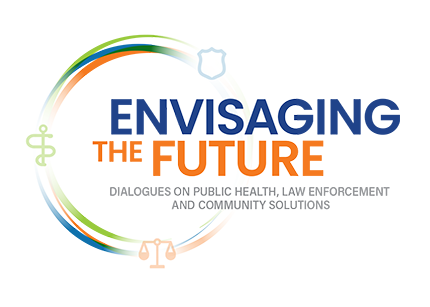
Institutionalising global health: a call for ethical reflection
Sadath Sayeed, Lauren Taylor
Abstract
We describe a global health course and pedagogy that highlights the moral ambiguity and many ethical compromises that have emerged as the discipline has increasingly become institutionalised. We encourage students to reflect on how the oft-declared aspiration for global health equity still remains seriously contested as a normative and political matter, especially in settings like the USA. We further encourage students to reflect on how authentic concern for social justice, health equity and human rights are consistently undermined by unconscious and/or intentional fealty to standard operating procedures within hierarchical structures and systems. Lastly, we encourage students to openly question and critique the dominant socioeconomic and institutional paradigms that influence practitioner ways of thinking about global health. Our aim is to provide a learning space for students to at least imagine, if not demand, more daring modes of engagement. We also encourage our colleagues in the global health education community to be forthright that the process of institutionalising global health reliably favours our own interests more than those we claim to be most concerned about. If the ideal of global health is to build a bridge to human solidarity, we see substantial risk that current popularised approaches might never yield a structural tipping point.






